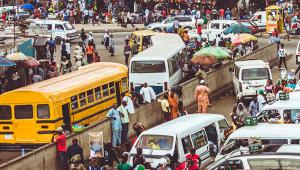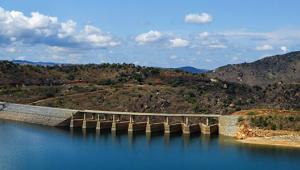The African Economic Outlook 2015, issued by the African Development Bank, the OECD’s Development Centre and the United Nations Development Programme, noted that growth prospects in Africa remain buoyant. Growth rates are expected to start to converge with Asia’s, potentially hitting 6% next year, while foreign direct investment is forecast to reach $73.5bn this year.
However, poverty rates remain high, and progress in health, education and income is uneven, the report stated.
It highlighted that ‘huge inequalities’ persist both between and within countries and between men and women.
These challenges were being exacerbated by Africa’s demographic boom. Its population is set to triple by 2050, an expansion that will be felt in both cities and rural areas, with the African countryside gaining an additional 400 million people.
‘Over the next 15 years, 370 million youth will enter sub-Saharan Africa’s labour markets, making it necessary to create many more jobs and opportunities for savings and investment,’ the report said.
‘In addition, that population growth, combined with climate change, will exert increasing pressure on natural resources, such as food, water and land.’
Mario Pezzini, director of the OECD Development Centre, said: ‘African economies could benefit from mobilising the wide and extraordinary untapped potential of their diverse regions.
‘Putting people and places at the centre of policymaking may improve Africa’s competitiveness and the wellbeing of Africans.’
Abdoulaye Mar Dieye, director of the regional bureau at UNDP, echoed this view. He said: ‘Inclusive and sustainable growth is a fundamental aspect of Africa’s post-2015 development agenda for economic and social transformation.
‘We need to invest in building economic opportunities, including at the local level, and especially those of young women and men who are the architects of tomorrow’s Africa.’
Among the report’s specific recommendations was a call for more diverse rural economies and better links between cities and rural areas. It also suggested improved transport and communications networks, improved social services and an unlocking of domestic financing.







